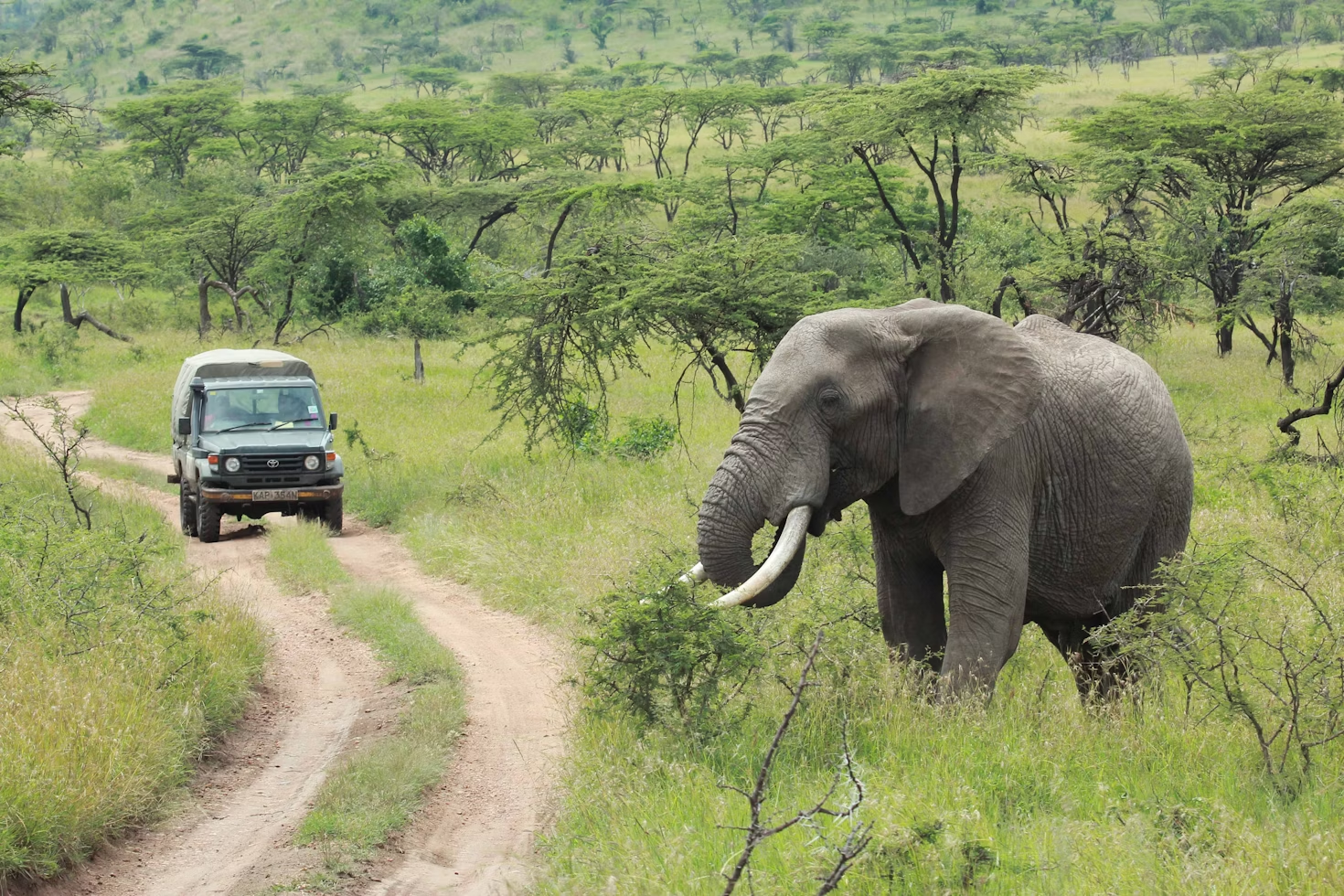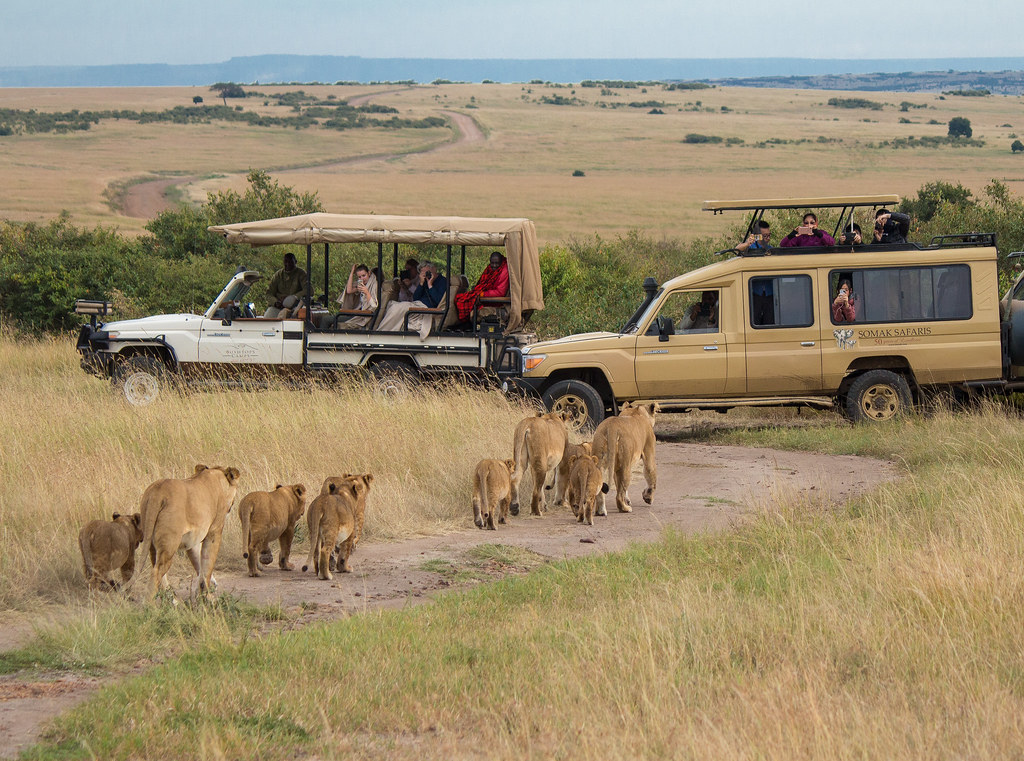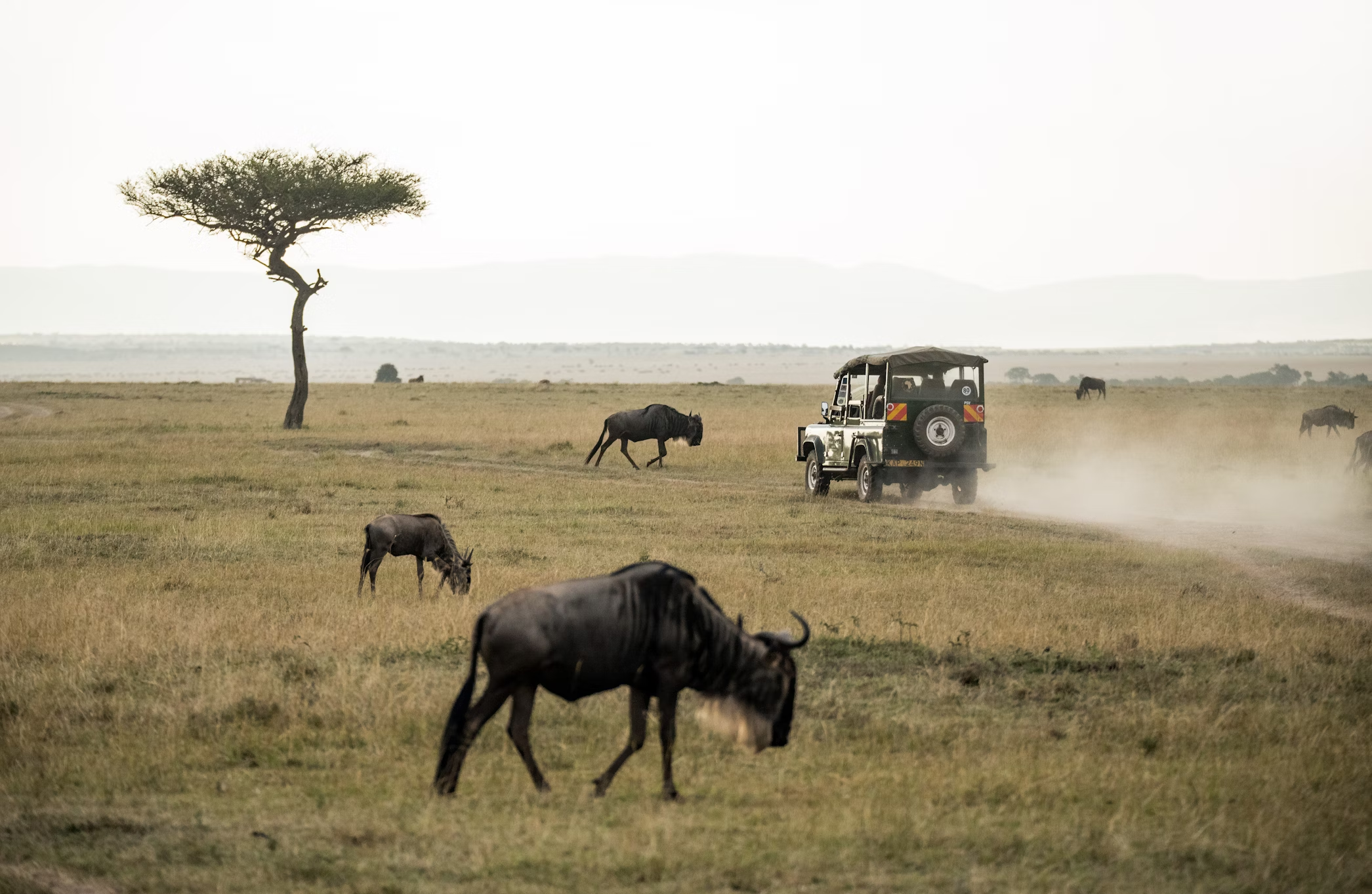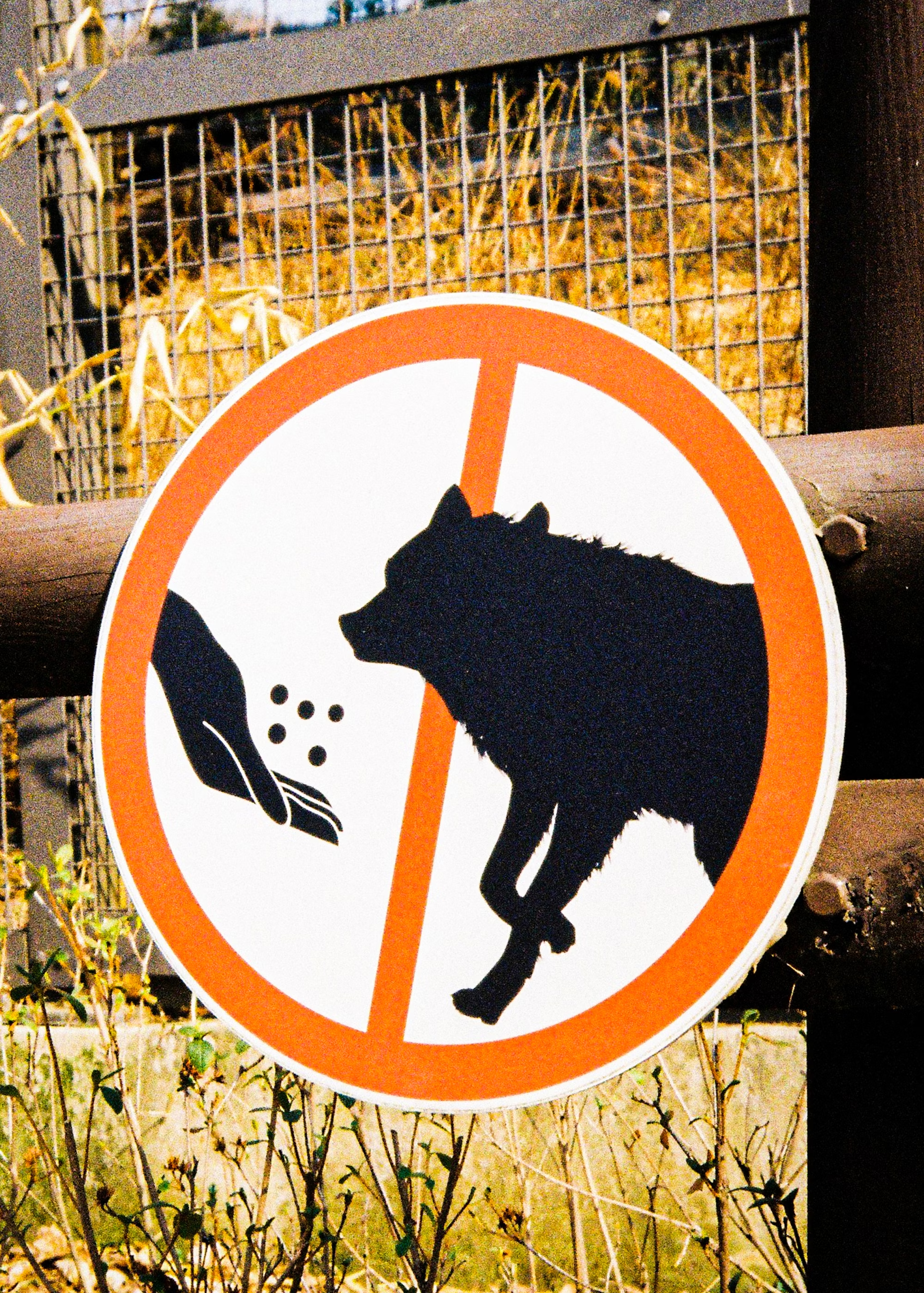
A Tanzanian safari is a journey into a pristine natural world, a world we are privileged to witness. As your guide, my greatest joy is sharing these wonders, but my deepest responsibility is protecting them. Adhering to a code of conduct in the bush isn't just about rules; it's about respect for the animals, their habitat, and the delicate balance of nature. Let me share the unwritten (and written) laws of the wild that ensure both your safety and the preservation of these treasures.
The African bush is a realm of raw beauty and untamed life, a place where nature's laws reign supreme. As visitors, we are granted a precious window into this world. But with this privilege comes a profound responsibility: to tread lightly, observe respectfully, and ensure our presence doesn't harm the very creatures and landscapes we've come to admire. Think of these as the 'house rules' of Mother Nature.
Apollo's Essential Do's and Don'ts on Safari
These guidelines aren't just bureaucratic red tape; they are born from decades of experience in wildlife conservation and management, designed to protect both you and the animals.
The Do's: Embracing Respectful Observation
- Maintain a Respectful Distance: This is paramount. Park rules often dictate minimum distances (e.g., 25 meters for most animals, 100 meters for predators like lions or cheetahs on a hunt). However, always defer to your guide’s judgment. If an animal appears agitated or changes its behaviour due to your presence, you are too close. I’ve seen countless beautiful moments unfold when vehicles simply stopped at a good distance and let the animals be themselves.
- Stay Inside Your Vehicle: Unless you are in a designated walking area or picnic site with your guide, always remain inside your safari vehicle. Animals are accustomed to vehicles, but a human silhouette stepping out can be perceived as a threat or, in some cases, prey.
- Speak Softly: Keep your voices low to avoid disturbing the animals and to enhance your own experience of hearing the natural sounds of the bush. The rustle of grass or a distant animal call can be just as thrilling as a sighting.
- Listen to Your Guide: Your guide is an experienced professional trained in animal behaviour, safety, and park regulations. Their instructions are for your benefit and the animals' well-being.
- Pack It In, Pack It Out: "Leave No Trace" is the mantra. All your litter, including cigarette butts and organic waste like fruit peels (which can habituate animals or introduce foreign seeds), must be taken out of the park or disposed of in designated bins.
- Be Patient: Wildlife operates on its own schedule. Sometimes the most rewarding sightings come after a period of quiet waiting.
The Don'ts: Avoiding Harm and Disturbance
- Never Feed the Animals: This is a cardinal sin. Feeding wildlife can make them dependent on humans, aggressive, and can transmit diseases. It also disrupts their natural foraging behaviours. I once saw a baboon snatch a sandwich from a tourist – it might seem funny, but it's a dangerous path for the animal.
- Don't Make Noise to Attract Attention: No whistling, clapping, shouting, or engine revving to get an animal to look up for a photo. This is stressful for them and unnatural.
- No Off-Road Driving (Unless Permitted): Stick to designated tracks to protect fragile vegetation and soil. Off-road driving is only allowed in specific circumstances or areas, and only by authorized guides.
- No Flash Photography at Night: The bright flash can temporarily blind and disorient nocturnal animals.
- Don't Remove Anything from the Park: This includes stones, feathers, bones, plants, or any other natural object. Take only pictures, leave only footprints (on designated paths!).
- Don't Crowd Animals: If multiple vehicles are at a sighting, coordinate with other guides to give animals space. Never block an animal's path or surround it.
Why Responsible Tourism Matters
Every choice we make on safari has an impact. By following these guidelines, you:
- Ensure Animal Welfare: Minimizing stress and allowing animals to behave naturally.
- Protect Fragile Habitats: Preserving the environment for future generations.
- Enhance Your Own Experience: Witnessing authentic animal behaviour is far more rewarding.
- Support Conservation: Many park fees and responsible tourism initiatives directly fund conservation efforts.
Being a responsible tourist means being an ambassador for conservation. It’s about appreciating the wild for what it is, not what we want it to be for a fleeting moment or a photograph. When I was a young ranger, an old timer told me, "We don't own this land; we are merely its guardians for a short while." Those words have stayed with me. Let's all be good guardians.
About the Author
APApollo
Veteran Ranger & Responsible Tourism Advocate
Former park ranger with over 7000 days of safari experience
The Ranger's Code: Respecting Wildlife on Your Tanzanian Safari



Frequently Asked Questions about Safari Etiquette
Location
Ready to explore this highlight?
Contact us to plan your perfect safari experience that includes a visit to this amazing destination.
Ready to Experience Tanzania?
Browse our safari tours to start planning your adventure.
View Safari Tours